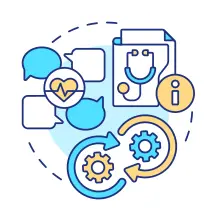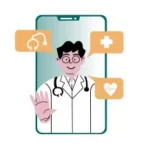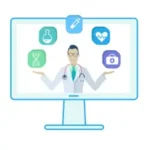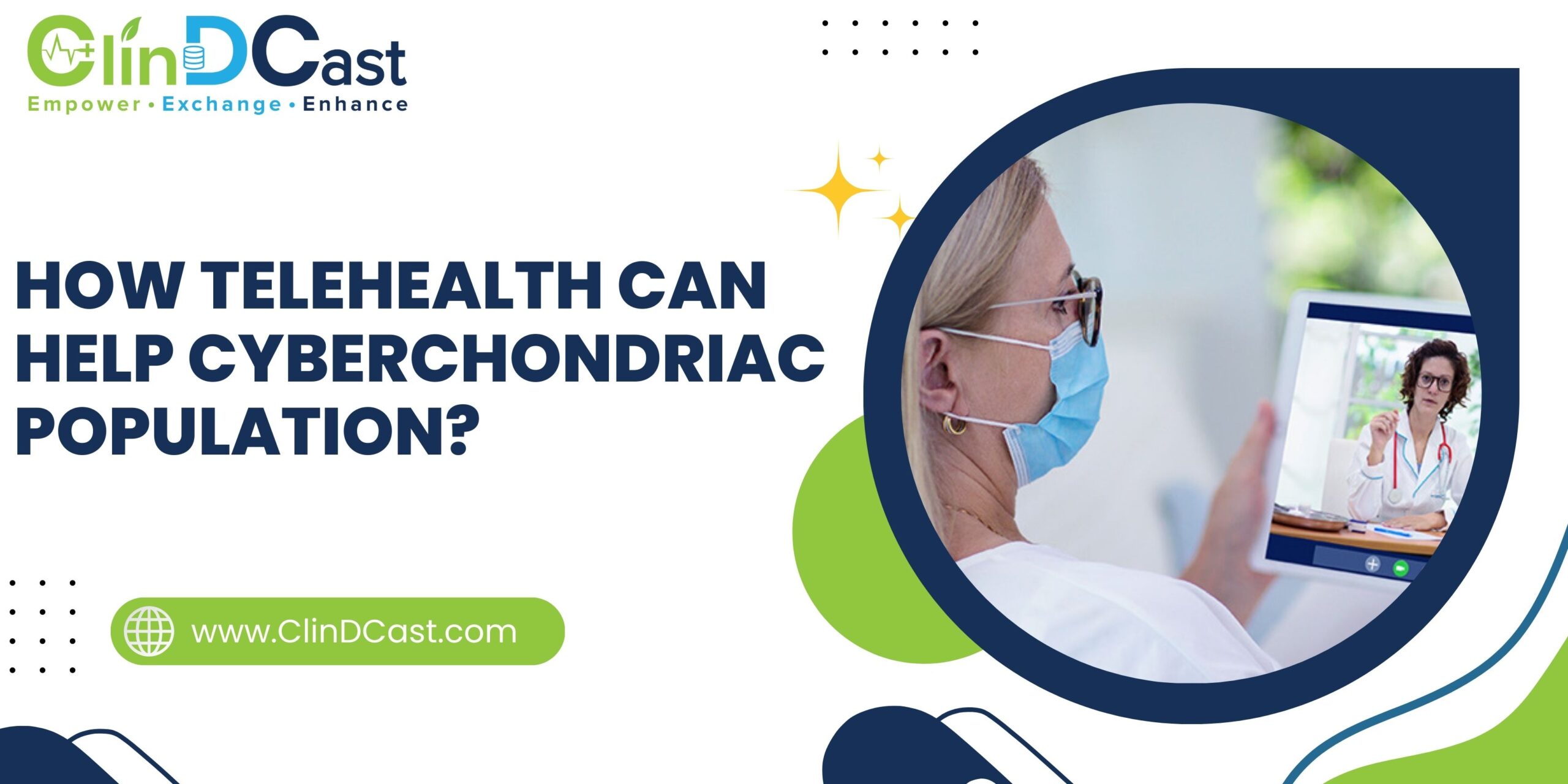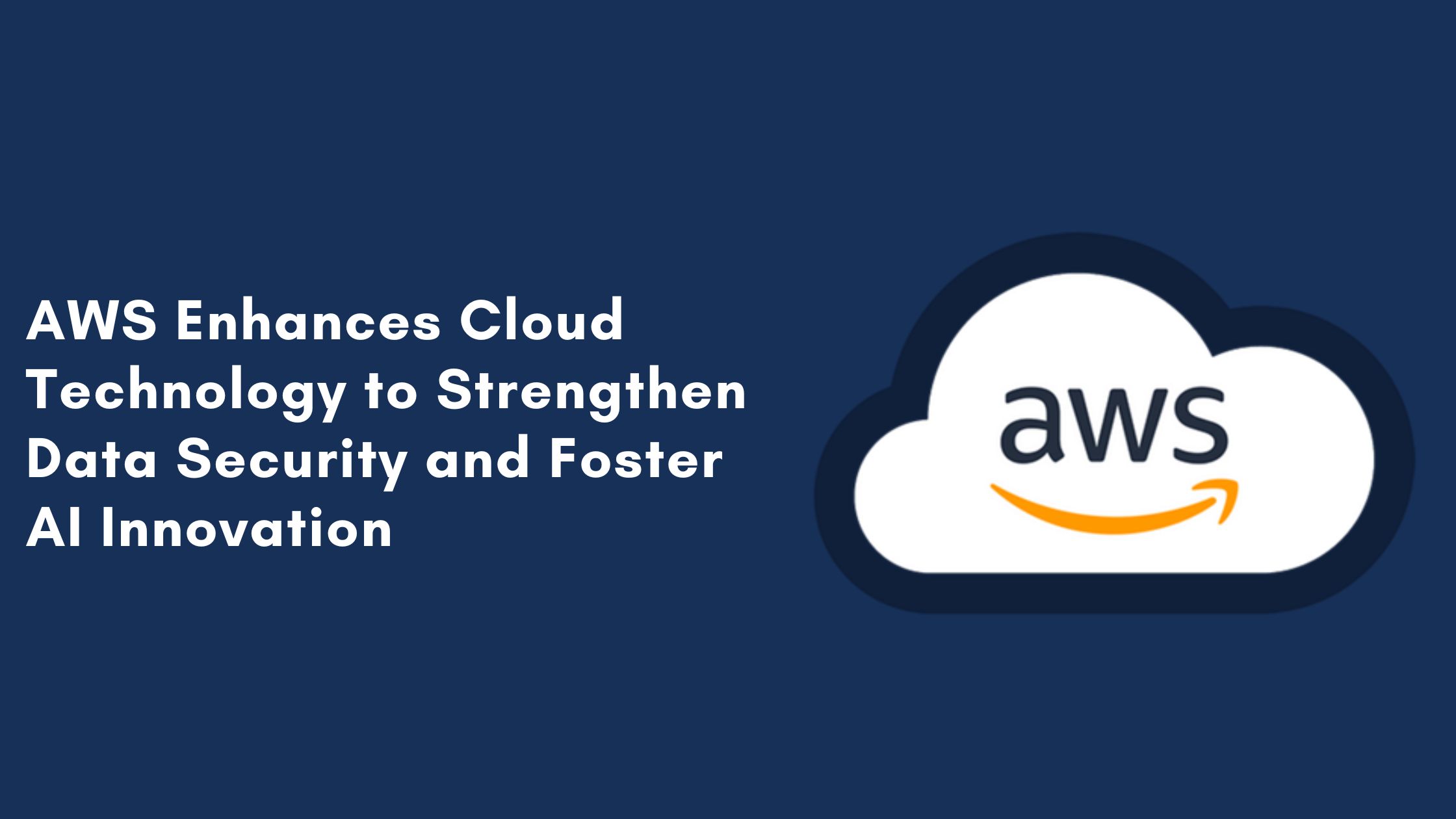
The incorporation of technology has yielded various benefits in the quickly expanding healthcare scene, including improved patient care, streamlined processes, and increased overall efficiency. But along with this digital revolution comes the vital duty of properly managing consent and protecting patient data privacy. Maintaining patient anonymity and trust in the system is critical as healthcare institutions use data to drive innovation, we will delve into Navigating Patient Data Privacy and Consent Management in this blog.
Understanding the Importance of Patient Data Privacy
- Confidentiality as a Cornerstone: Maintaining the privacy of patient information is not only required by law but also by basic ethical standards. Maintaining patient and healthcare provider trust depends on protecting patient information privacy.
- Legal Frameworks and Compliance: Several laws, such as the General Data Protection Regulation (GDPR) in the European Union and the Health Insurance Portability and Accountability Act (HIPAA) in the United States, apply to health data. To stay out of legal hot water, healthcare companies need to continue adhering to these regulations.
- Data Breach Implications: A data breach in the healthcare industry can have serious consequences. In addition to monetary losses, it may harm one’s reputation and jeopardize the health of the patient. Strong data privacy safeguards are essential to preventing breaches and unwanted access.
The Role of Informed Consent
- Informed Decision-Making: Patient autonomy is based on informed consent. By giving them pertinent information about the gathering, usage, and sharing of their data, it gives people the power to make decisions about their healthcare.
- Clear Communication: Healthcare providers must ensure effective communication with patients, ensuring that they comprehend the purpose and ramifications of data processing. Positive patient-provider relationships are fostered and trust is built via transparent communication.
- Digital Consent Platforms: As healthcare solutions become more digitally oriented, electronic consent platforms become essential for both gaining and maintaining patient agreement. These solutions preserve regulatory compliance while streamlining the consent procedure.
Best Practices for Patient Data Privacy and Consent Management
- Robust Security Measures: Protecting patient data from unwanted access requires the implementation of strong cybersecurity measures, including encryption, access limits, and frequent security assessments.
- Ongoing Education and Training: Regular training on data privacy best practices and the significance of gaining and maintaining patient permission should be provided to healthcare personnel. Educating the personnel improves the organization’s overall security posture.
- Transparent Policies: Patients and healthcare providers should have easy access to well-defined consent processes and data privacy rules. Transparency fosters confidence among patients and gives them the confidence to share information.
- Technology Integration: Make use of cutting-edge technology, such as blockchain and AI, to improve patient data security and traceability. An ecosystem for healthcare that is more transparent and safe may benefit from these technologies.
The Future of Patient Data Management
The ethical handling of patient data privacy and consent will be even more important as healthcare continues to change. Technological advancements like wearables, telemedicine, and interoperable EHRs will require proactive data protection measures.
Conclusion
In conclusion, the ethical practice of healthcare requires the protection of patient data privacy and the efficient administration of consent. Healthcare organizations may effectively manage data while maintaining patient confidentiality and confidence by adopting technology responsibly, educating stakeholders, and putting strong security measures in place. By doing this, they help to create a future in which the rapidly evolving healthcare industry can successfully integrate technology and patient well-being.

